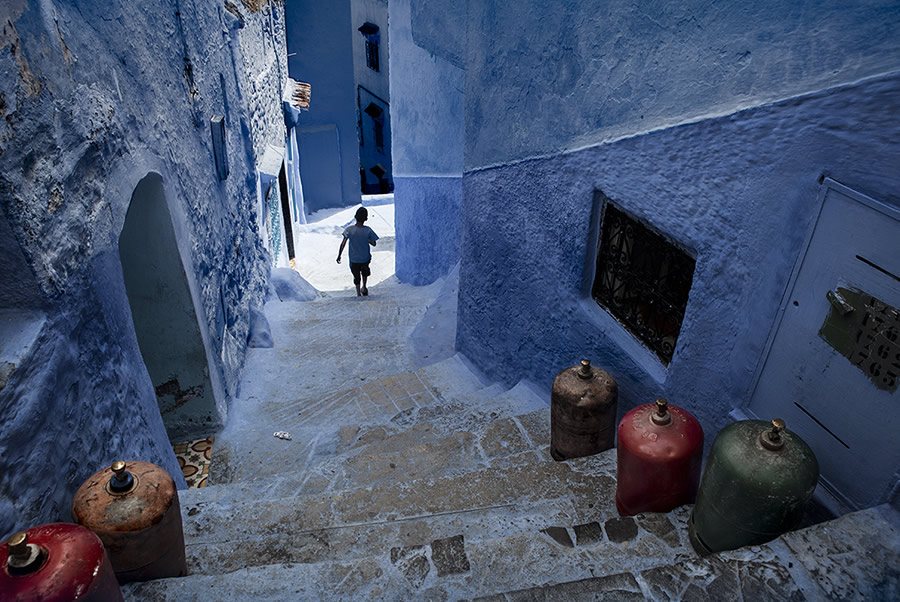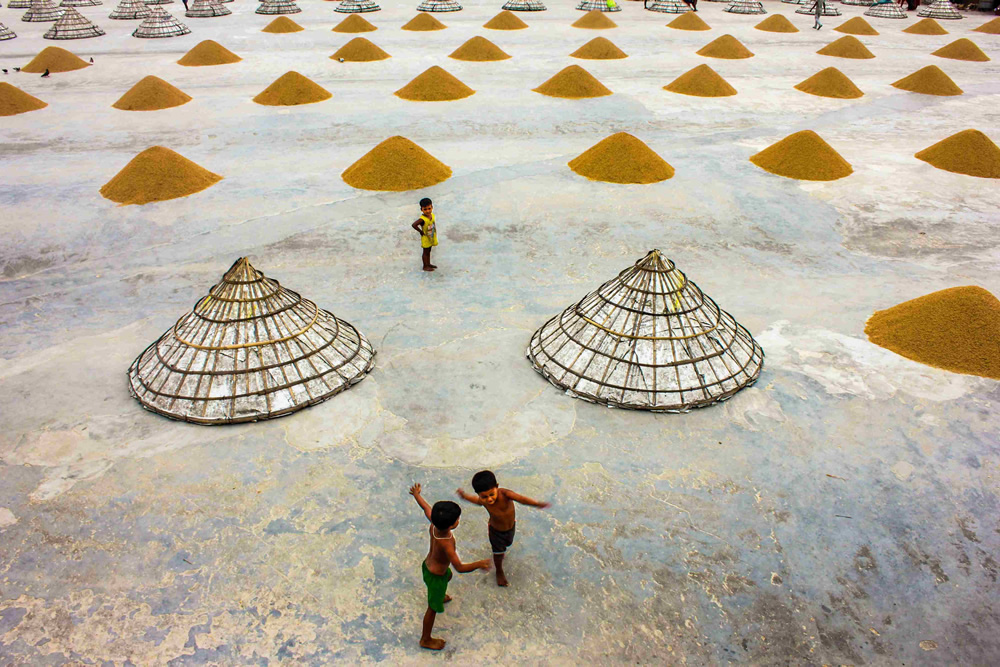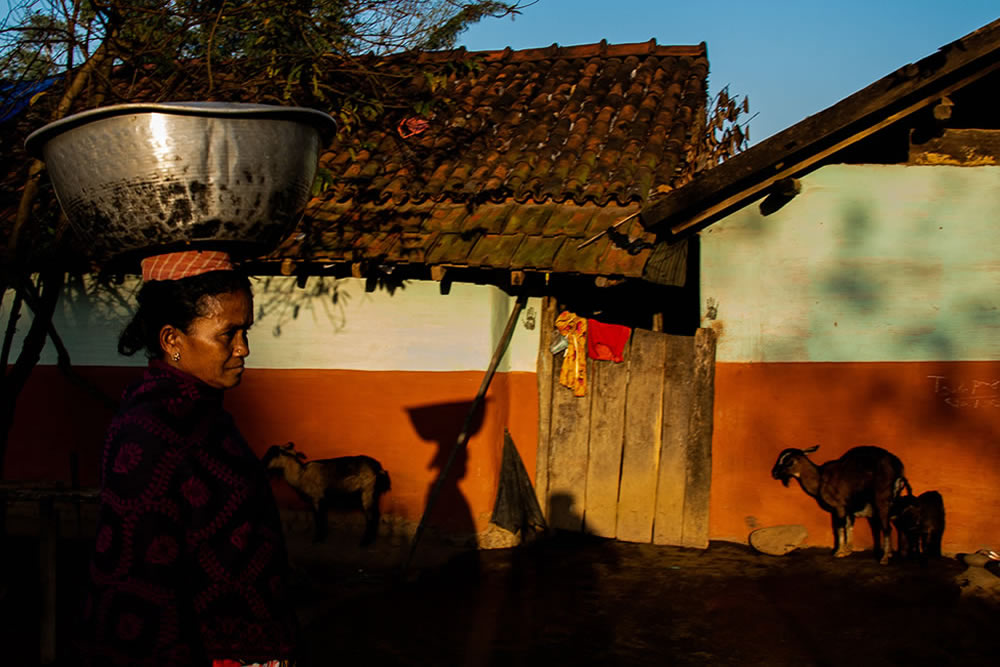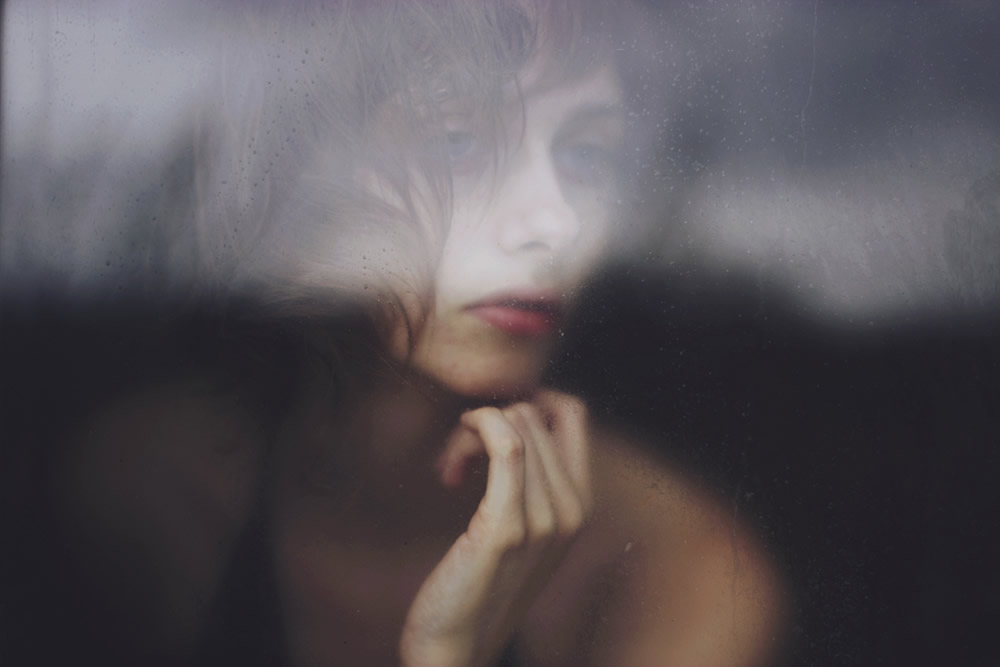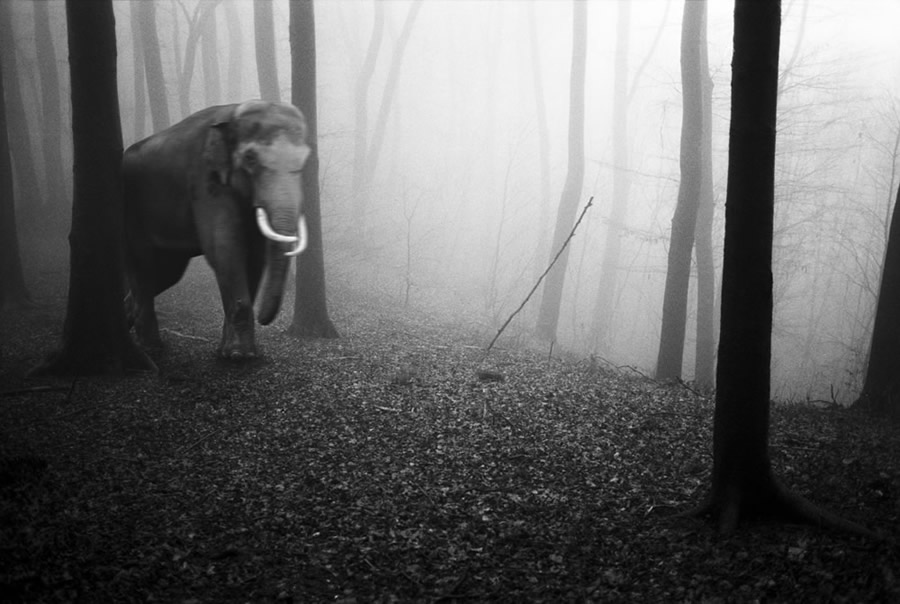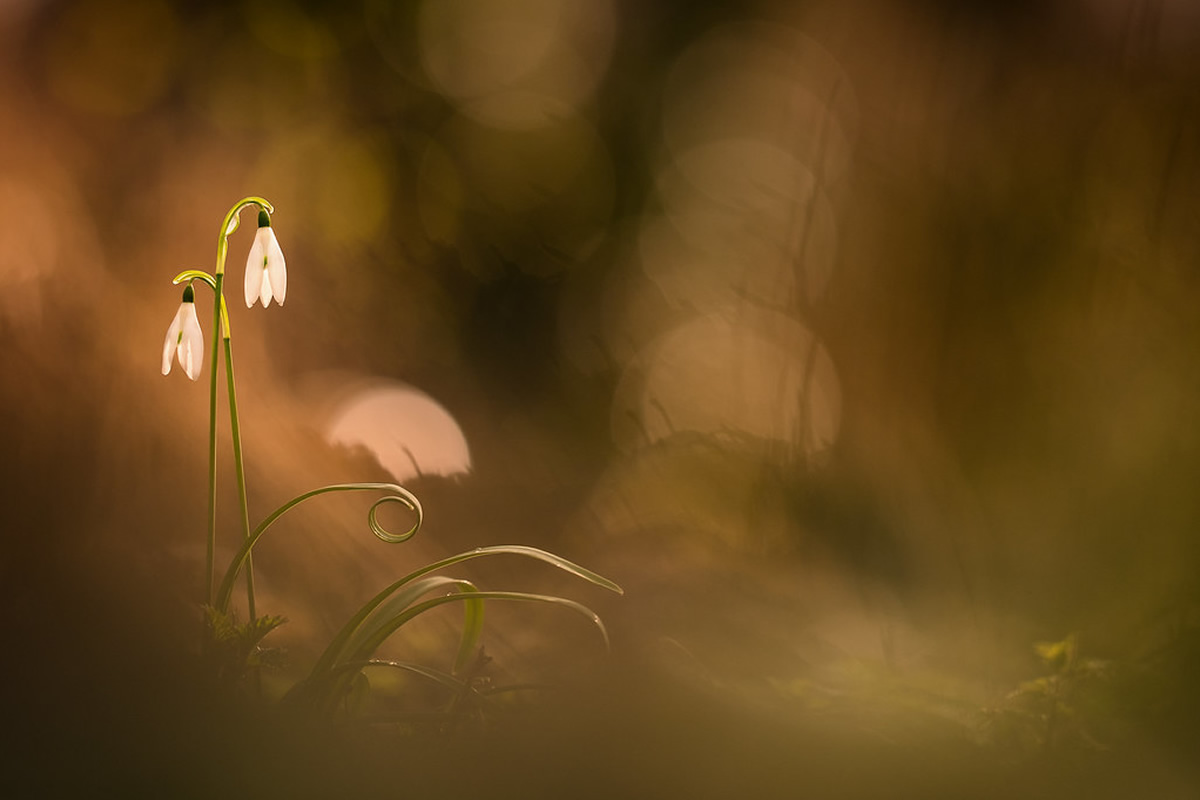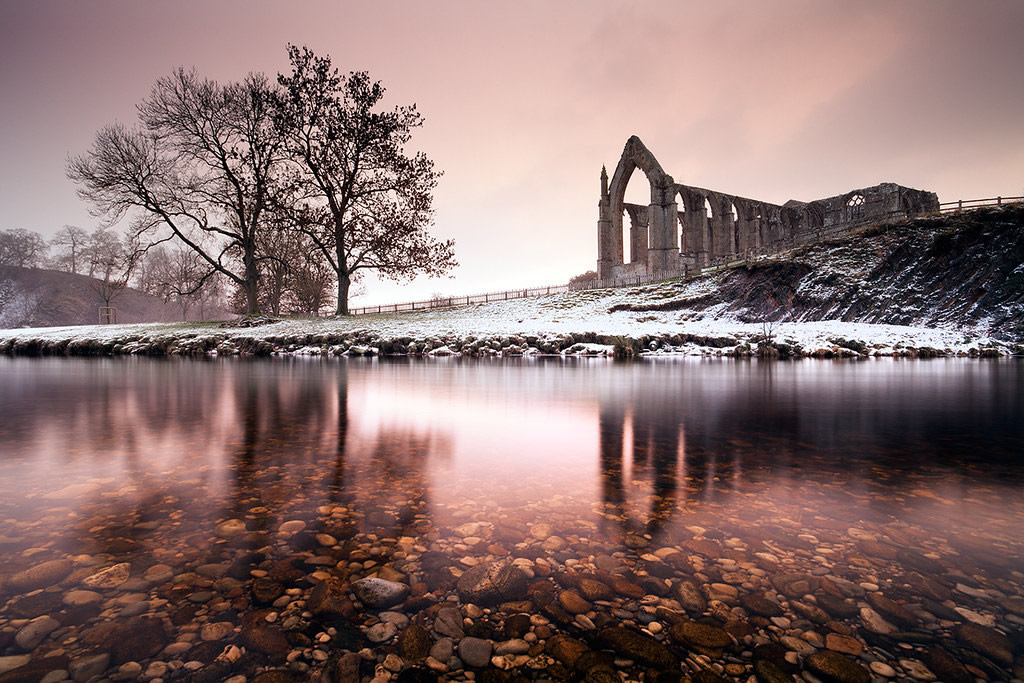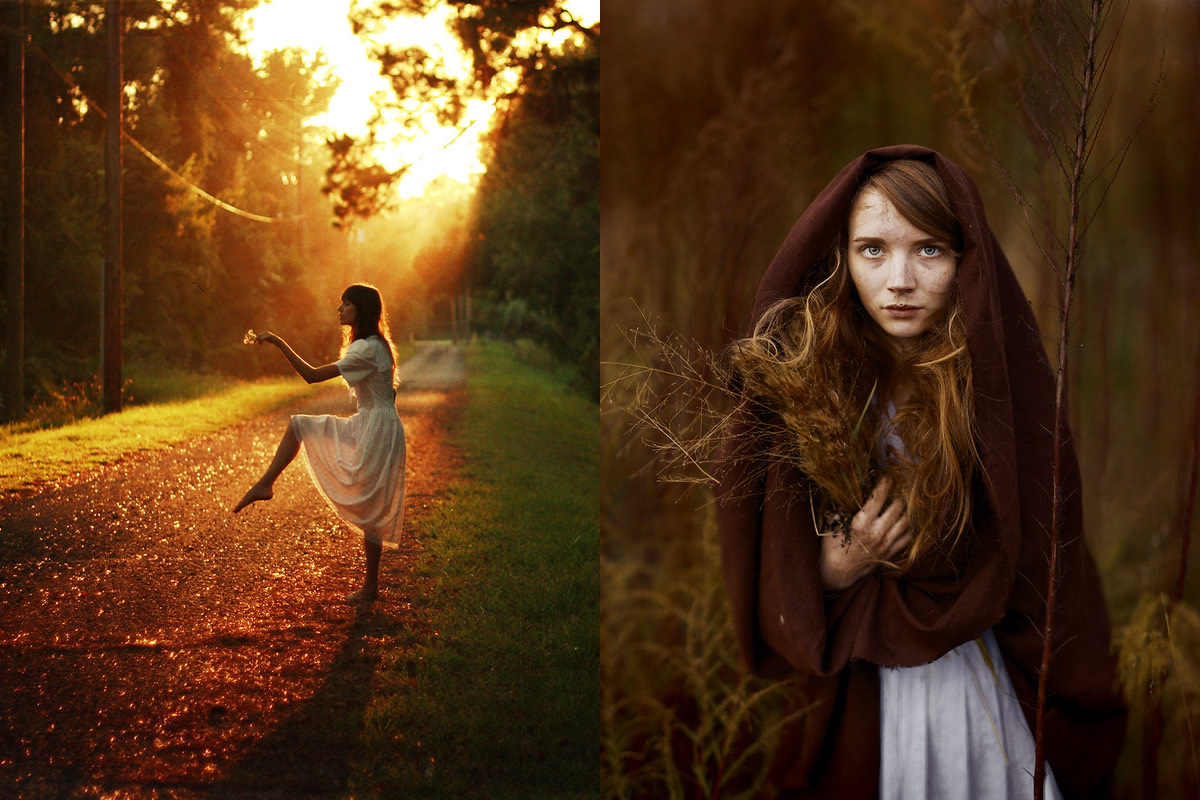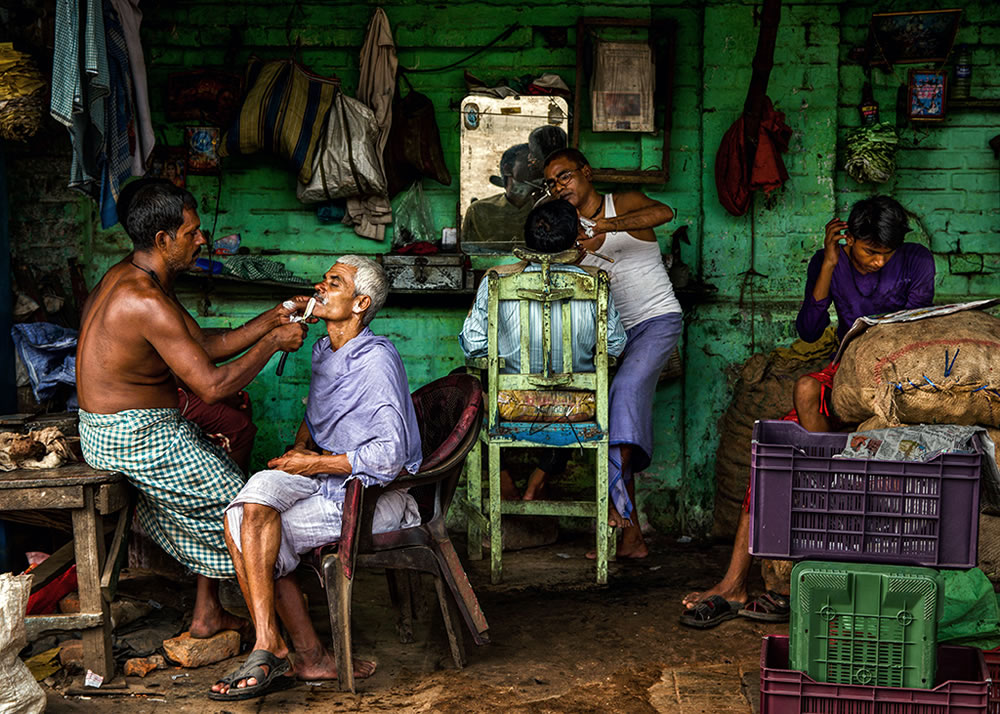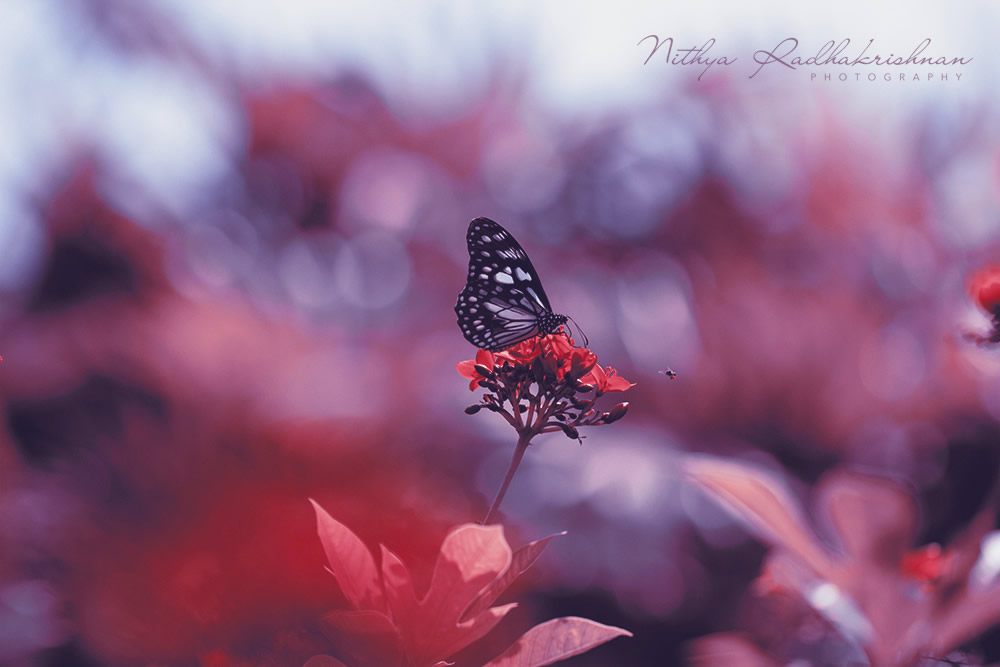Alfredo Oliva Delgado from Spain is a psychologist and currently working as a Associate Professor of Developmental Psychology at the University of Seville. Alfredo shoots the real flavor of people photography in a very unique style and its definitely inspiring.
Three things I love about these photographs:
- Very natural yet captivating photographs which are soulful and memorable.
- Colors and Composition, they are not over processed nor ill composed. Simply perfect to be put the right way and Alfredo inspires us with his eye for such eminent display of colors and composition.
- His Passion for travel makes us believe what is possible through dedication and pure love for photography.
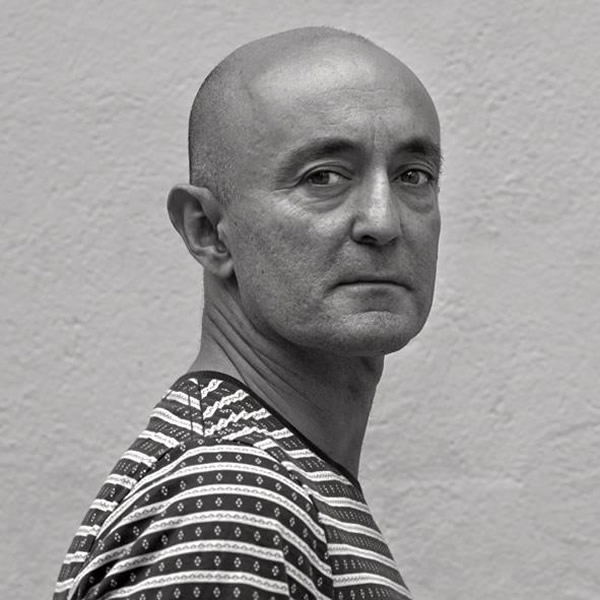
Photo By: Xavier Gomez
Could you please introduce yourself to our readers?
I am psychologist and I currently work as associate professor of Developmental Psychology at the University of Seville, but photography is a hobby that I live with great passion and intensity, especially during my holidays and weekends. I could say that photography is a way of life for me. I’m quite interested in the relationship between psychology and photography. In fact I teach about this topic in my university and I frequently give talks to photographers because I think psychology can make interesting contributions to photography on aspects related to composition, aesthetics and emotional impact. On the other hand photography is an useful tool for psychologist in the field of psychotherapy. Phototherapy and therapeutic photography have experienced a worldwide development during the last years.
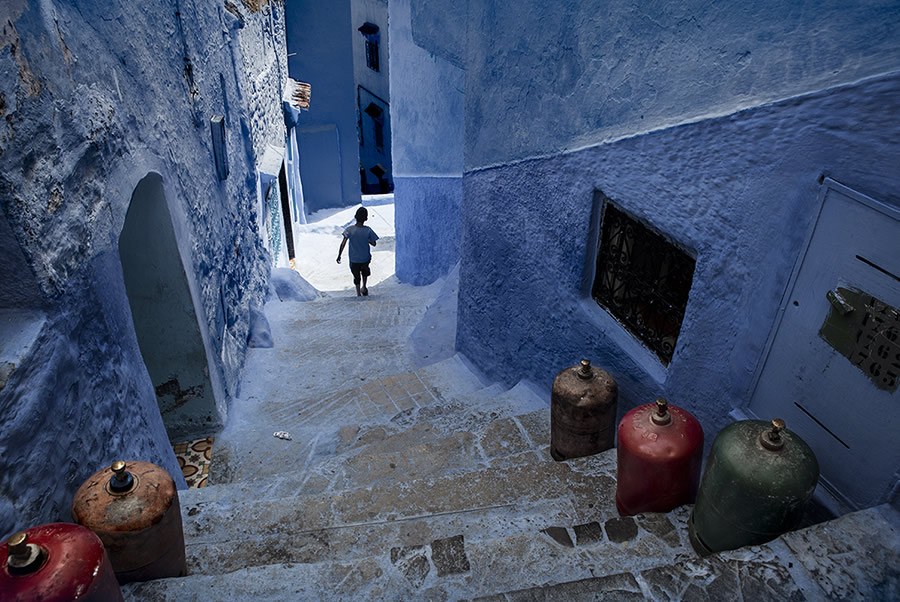
What first drew you to photography and how did you discover it?
I have been involved in photography from my adolescence. My paternal grandfather was a professional photographer, and my father was an amateur photographer. So there were always cameras and photos at home. Moreover, my maternal grandfather worked as a guide in the Museum of Fine Arts in Seville. So during my childhood I lived surrounded by paintings and photographs, and that experience fueled my interest for visual arts.
I was 21 when I attended a photography workshop that represented for me the real entrance in the world of photography. Then I bought a second hand photographic enlarger to set a darkroom with some friends. But when I finished my studies in psychology, and I started my academic career in the university I had to work very hard, and had no time for photography. So, for many years I didn’t take a single shot. My passion for photography was reborn when I bought my first digital camera nine years ago.
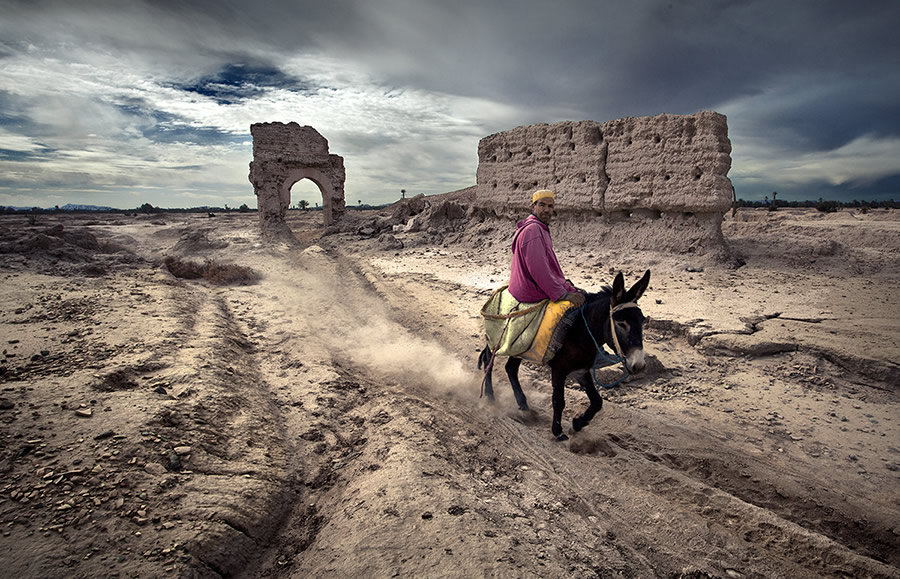
What makes street photography so interesting for you?
I do not focus only on street photography, I began taking pictures of landscapes, and other types of photography, but nowadays most of the photos I take could be considered street photos. Anyway, I have a very open view about street photography. As Alex Webb said ” Street photography does not necessarily mean photographing in the streets. For one thing, the street isn’t always where the heart of a culture lies”. Maybe that is the main reason why street photography is so interesting to me, because the street is the place where life happens.
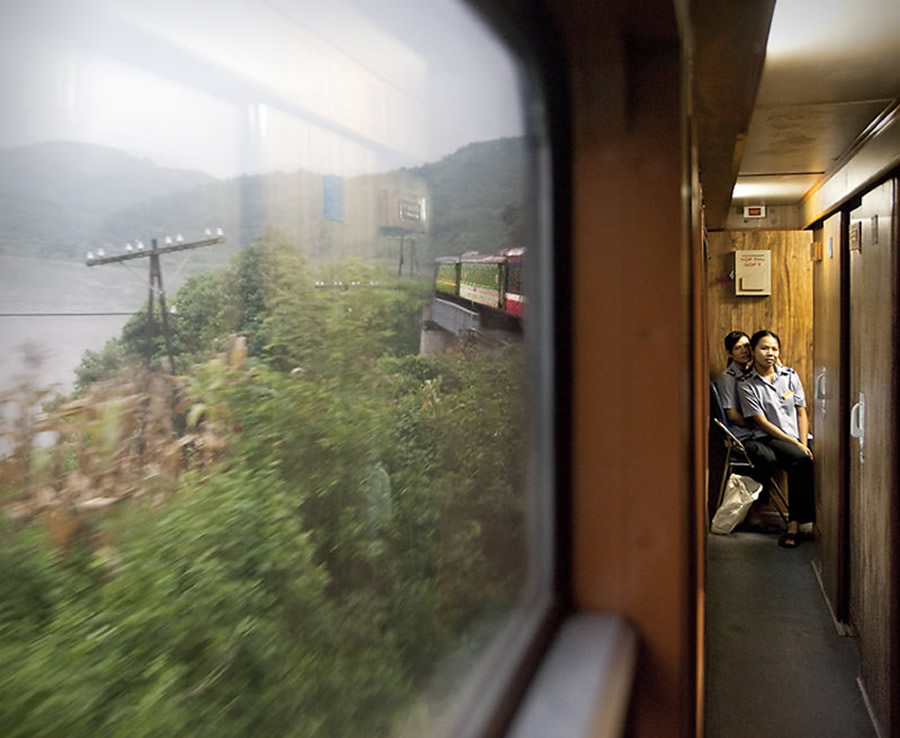
What difference does photography create in your life?
I think the main thing is that photography has added to my trips a plus that has made them richer. I usually don’t interact with people when shooting in the streets, because I walk through the cities just trying to take pictures as unnoticed as possible. However, sometimes that is impossible and I can talk for a few minutes with the people I photograph. I enjoy those situations in which photography allows me to talk and meet people. There are many experiences that I would not have had if I had not been a photographer. Moreover, I feel that I need to perform some artistic or creative activity to have a happy and fulfilled life, and photography is an excellent mean for this purpose.
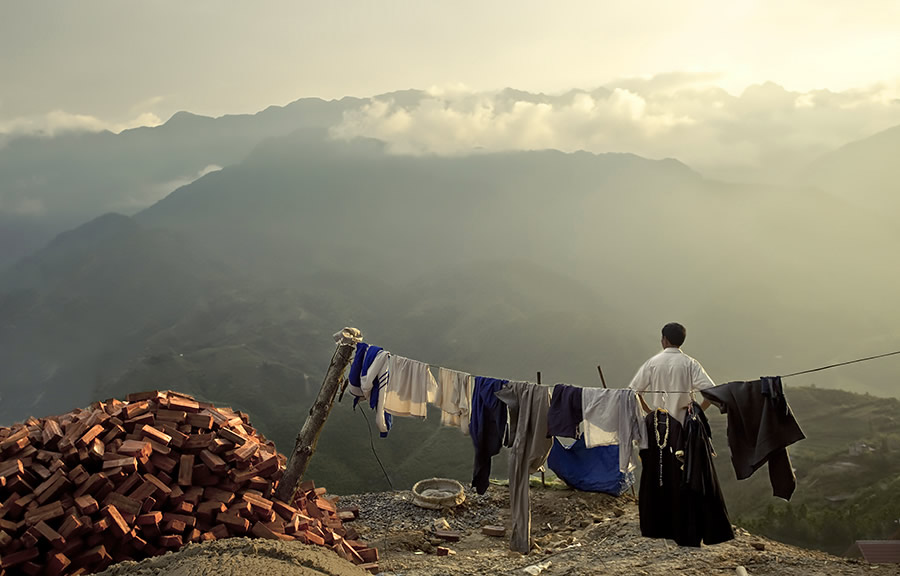
I noticed that you like to play with a mix of moments, colors and composition in your stunning portfolio. Few words on it please?
In a nutshell I could say that there are two types of street photography, one more conceptual or even humorous (Elliott Erwitt could be a good example), and another more aesthetic and poetic (Harry Gruyaert). Although I would not situate myself exclusively in one of these types, I feel more comfortable with the second one, in which aesthetics plays a major role, and in which both color and composition are key elements. I’m also drawn to poetic images that are ambiguous and suggestive.
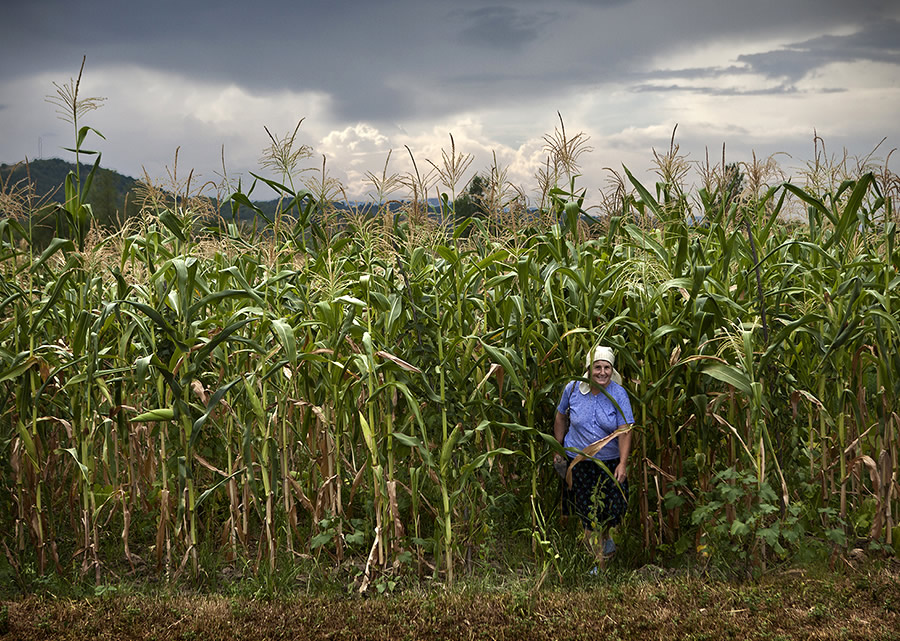
According to you what is so complex in street genre?
Street photography is so complex because you move in a context that flows and changes very quickly and in which unexpected things can happen. You must act quickly, and foresee and anticipate all the interesting events that can happen around you. In studio or landscape photography you have more time to think and compose your photos, however, when you are on the street your brain and your eye must be very fast, if they are not you will lose many good photos.
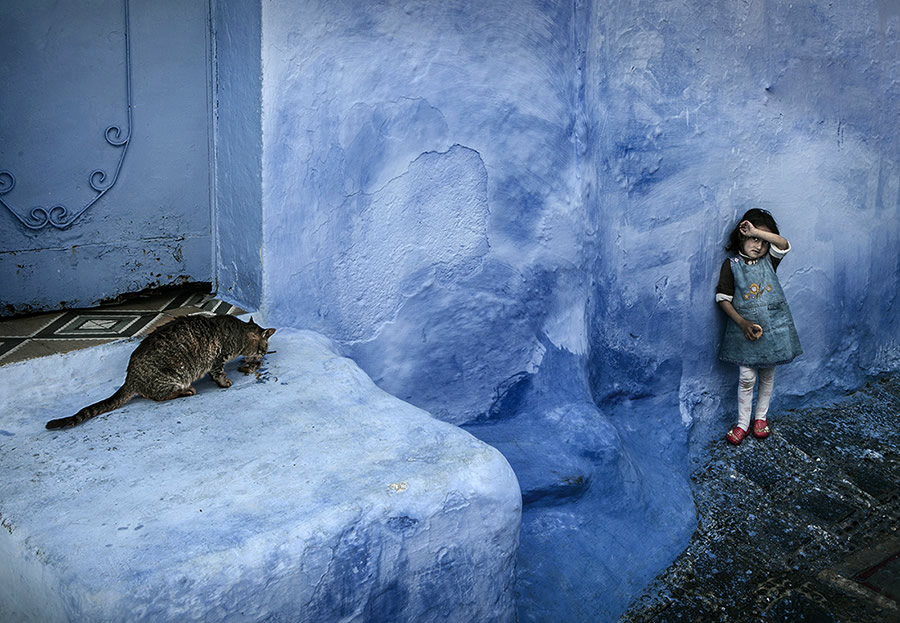
What determines the quality of a photo?
That is a really difficult question. A matter that interests me a lot both as a photographer or psychologist. Why people show so significant differences in their visual or aesthetic preferences? Why do some people like photos that are even disgusting for others? Culture, art and photography education and experience, and personality traits are important factors that influence our preferences. But getting to the point, for me a good photo should include an intelligent composition and a strong idea and a narrative: It should tells us a story; a story that provokes emotions in the viewers. Maybe that’s the most important point in a good photography. Complexity is also relevant: an image with multiple layers requiring an in-depth reading from the viewer. Those images will remain in our minds for longer than a just funny or pleasant image. Originality must be also considered, and a good shot should avoid cliches. Aesthetic is important in an image to catch our attention, and a beautiful photo could be a very nice image, but a really good photo need something more than just beauty.
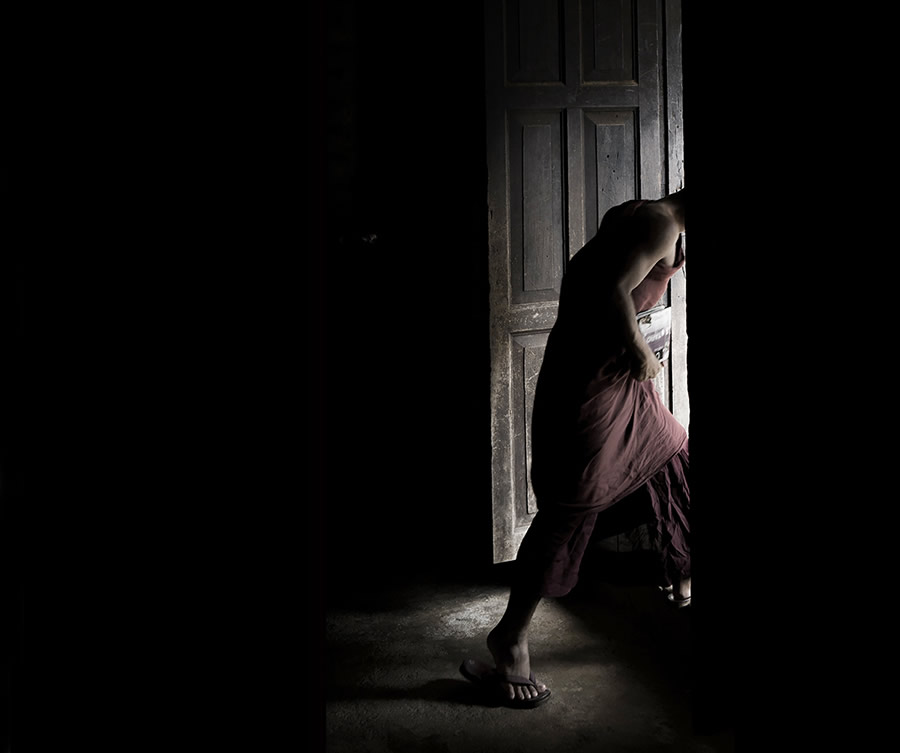
One place you always want to visit as a street photographer?
I have in my agenda two Asian countries: India and Japan. I would try to visit those colorful countries in the next years. Meanwhile, I’ll travel to Ecuador this summer.
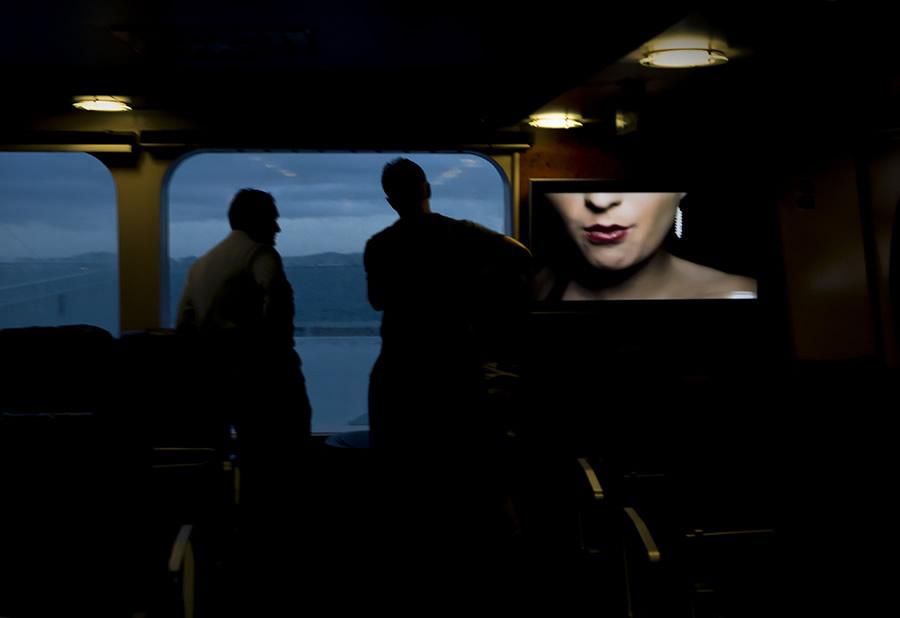
Your favorite photographers?
There are many photographers that I like: Gueorgi Pinkahssov, Harry Gruyaert, Saul Leiter (color); Michael Ackerman, Ralp Gibson, Koudelka, Francesc Catalá-Roca (B&W). I think they have been inspiring for me. When I was starting to take photos, I really liked Cartier-Bresson, especially for his mastery of composition. I think that when I compose my photos I tend to follow a classic style, may because I store in my mind many of the photos of that great photographer.
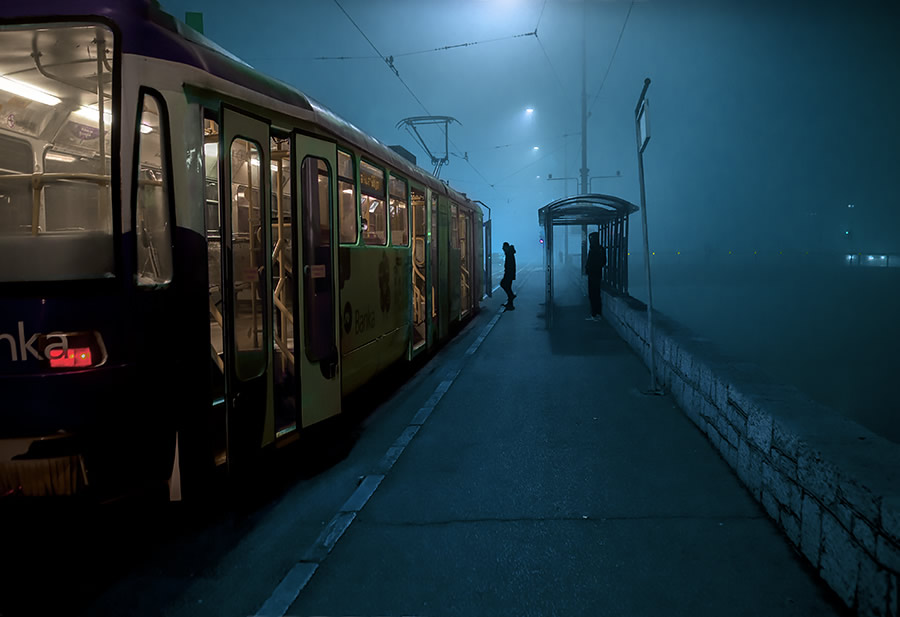
Your favorite photography quote?
My favorite quote is one by Trent Parke: “I am forever chasing light. Light turns the ordinary into the magical”. I think that quote puts the emphasis on the fundamental element of photography: light.
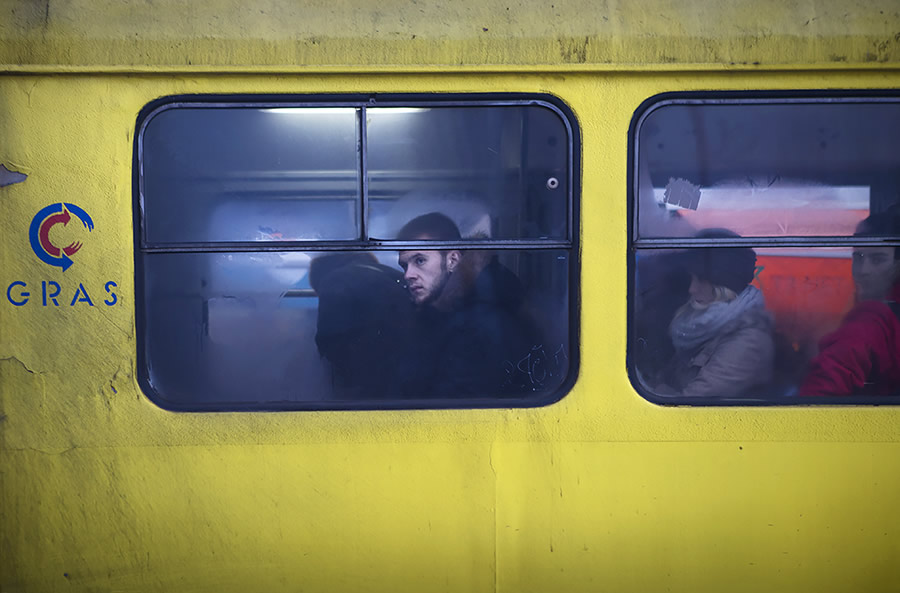
Your Gear?
My camera is a Canon 6d that replaced my former Canon 5D MKII that unfortunately passed away. Most of my photos were taken with these cameras. I also have a Fuji x100, but I don’t feel comfortable with this camera, and I hardly use it. My favourite lenses are Canon 24-70 L, and Sigma 35mm. I know that is an unusual gear for street photography but I feel comfortable with it. I’m not a fetish with my cameras. The camera is just a tool with which I have to feel comfortable when shooting. So, I don’t often change my camera.

Any final thoughts and words of advice for your fans and our readers?
Photography is a creative activity that can serve for expression and personal self-knowledge, and that deserves to be lived with passion and dedication.
Thanks for the interview, I’ll be very happy to see my work in 121 clicks.
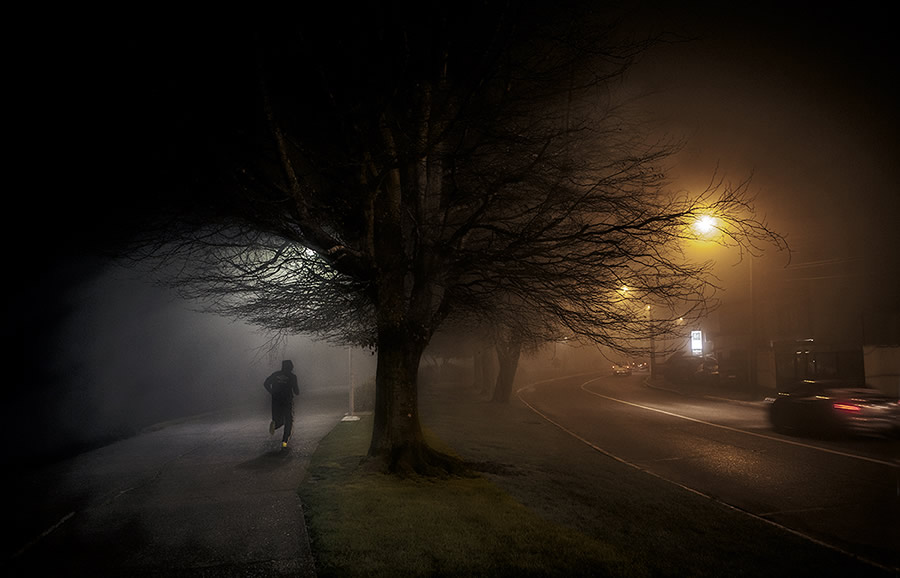
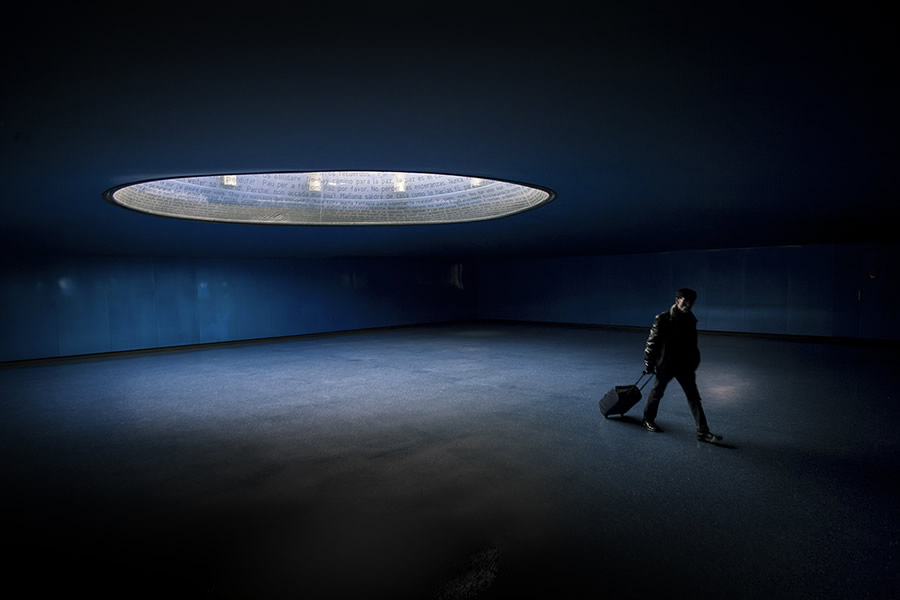
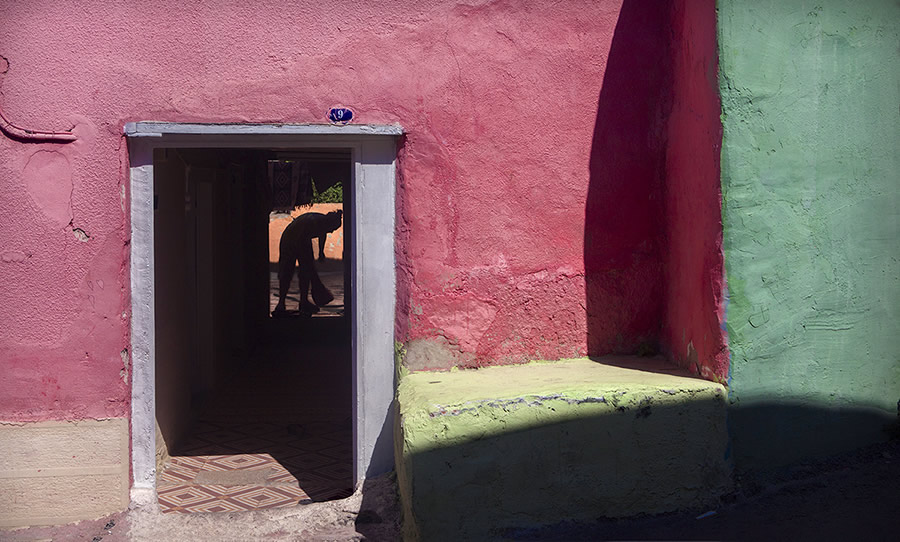
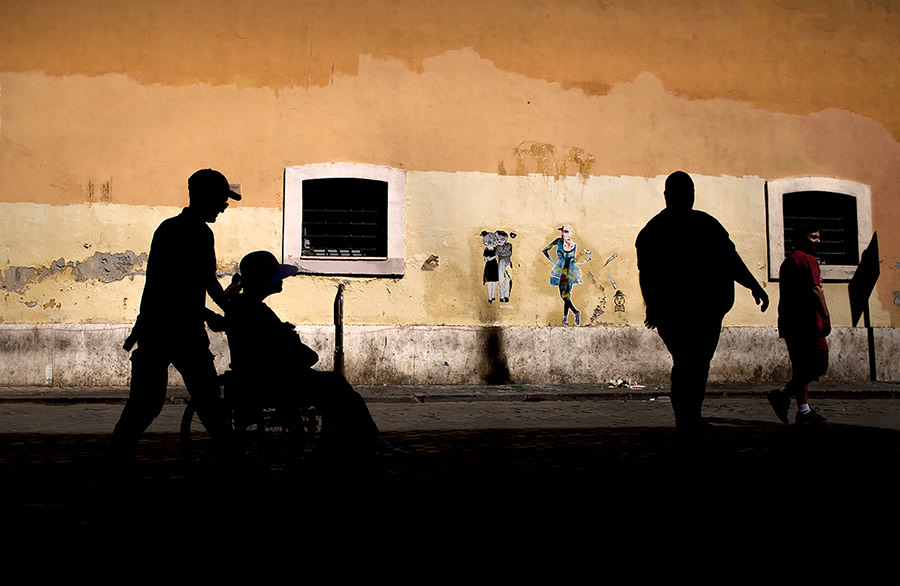
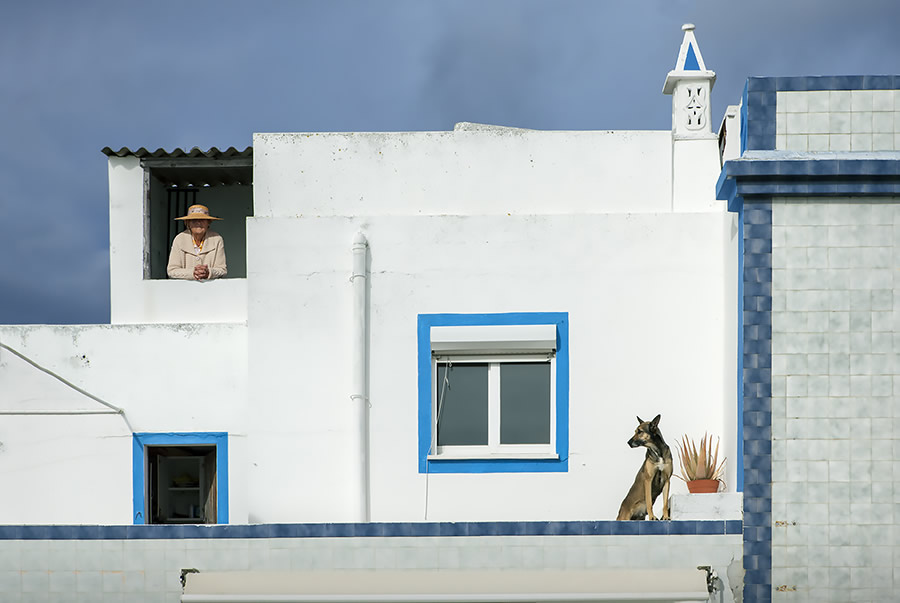
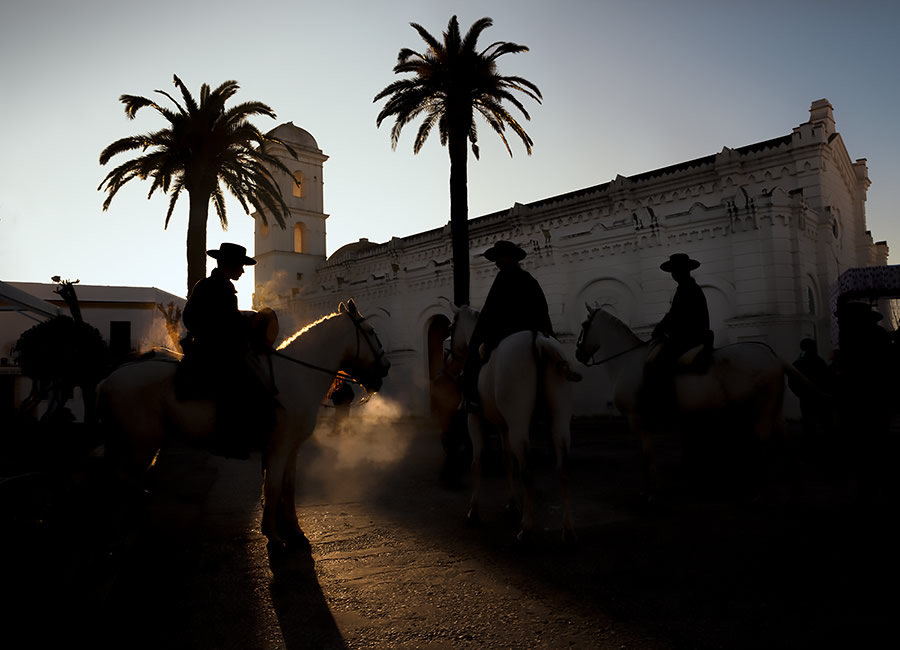
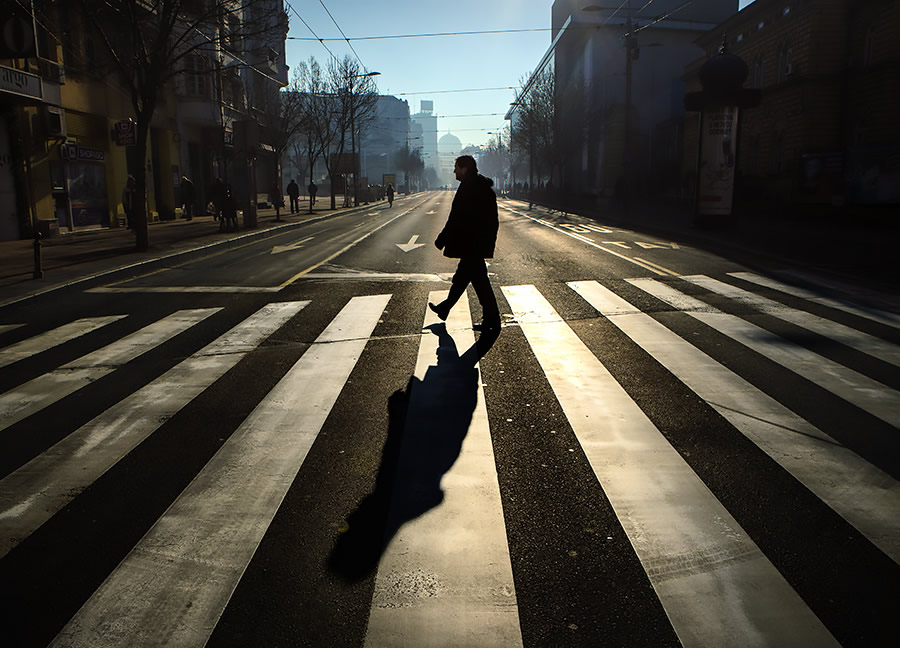
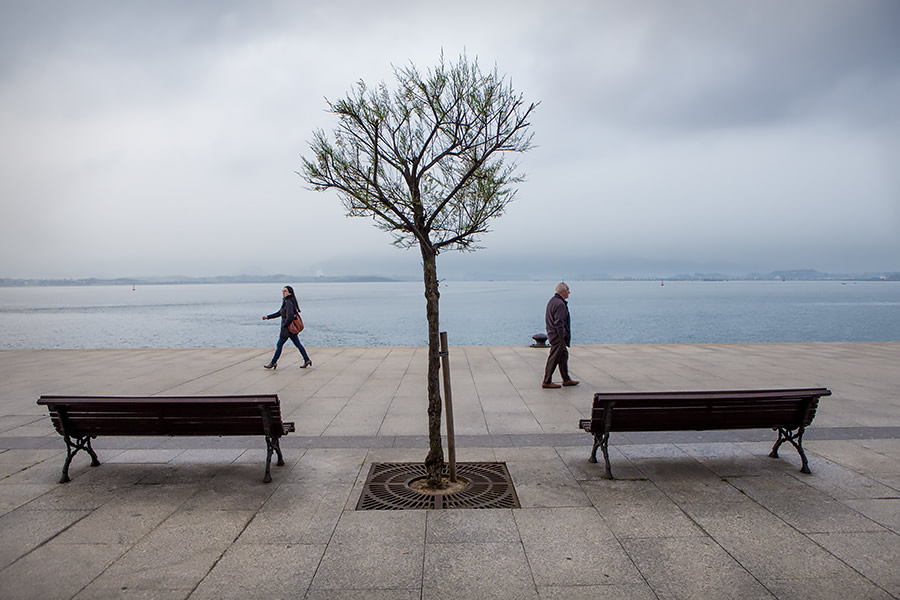
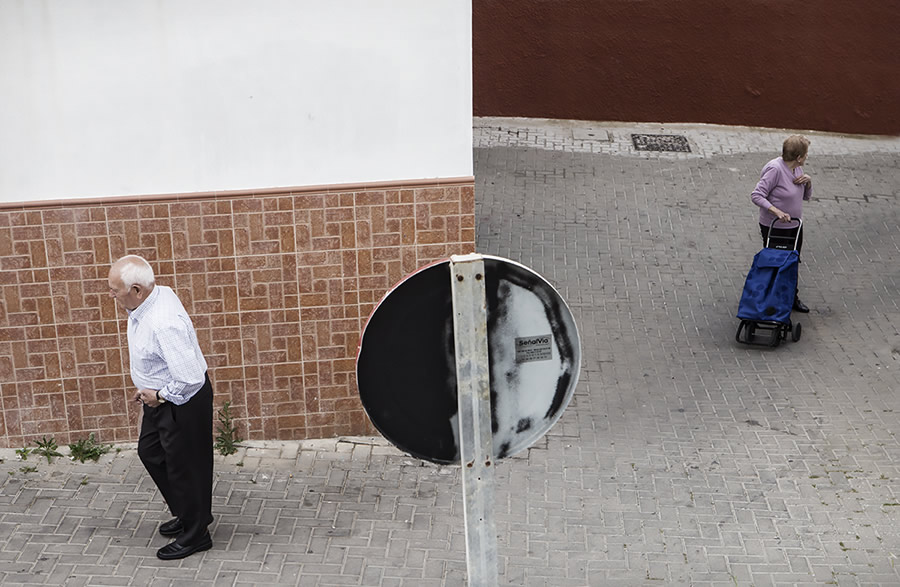
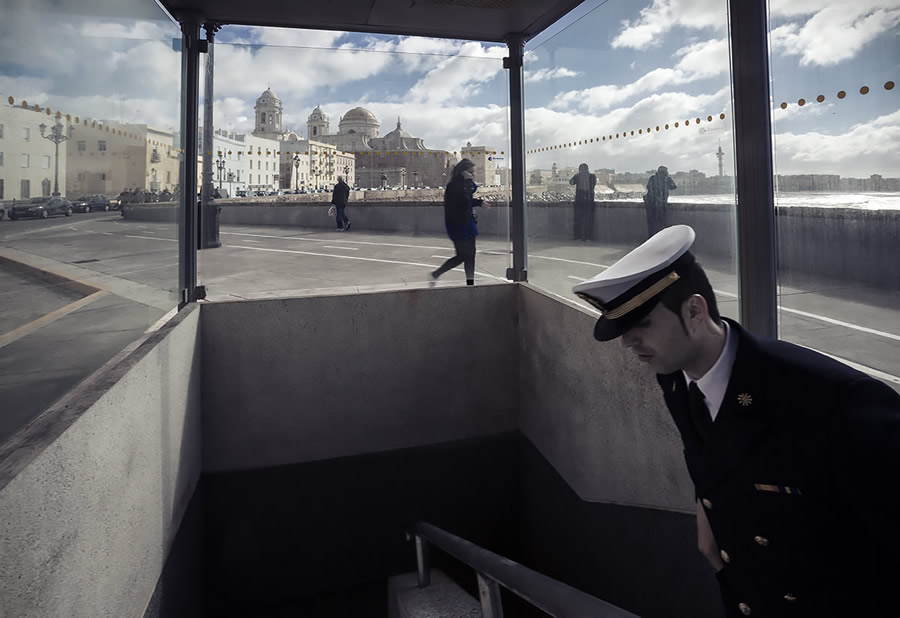
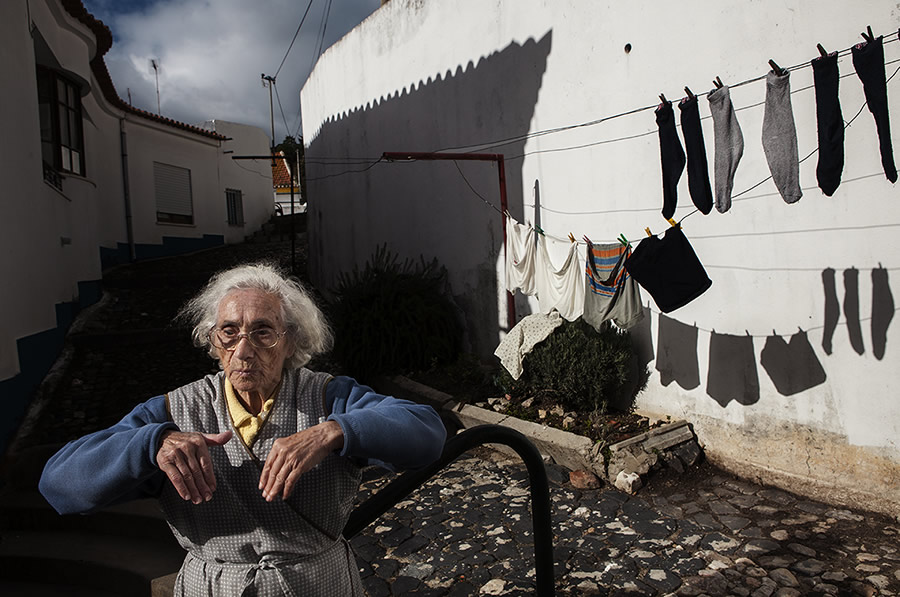
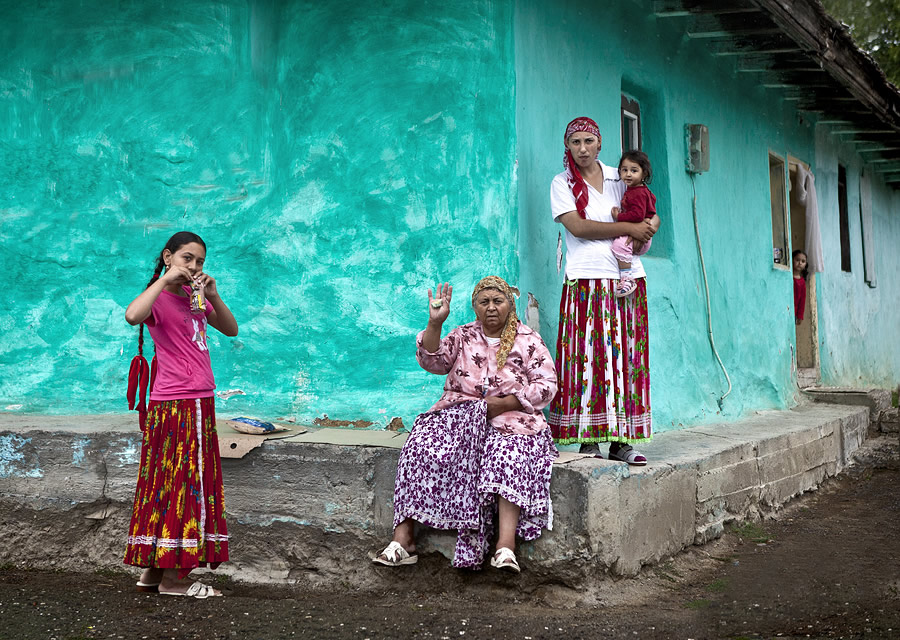
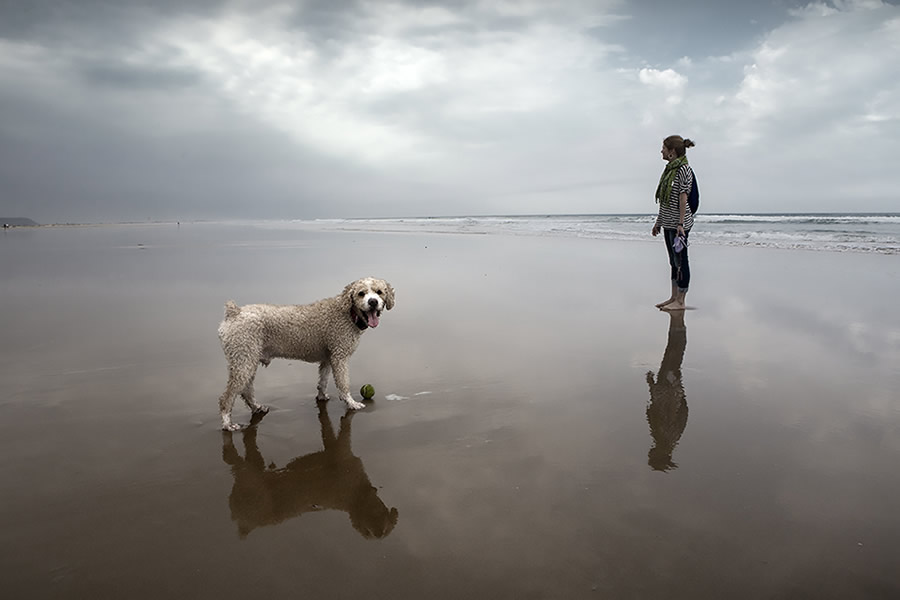
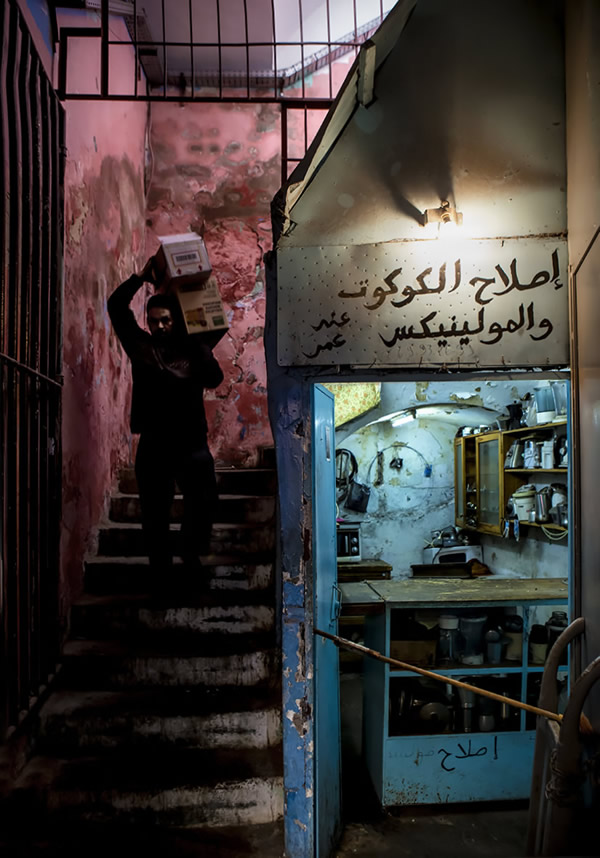
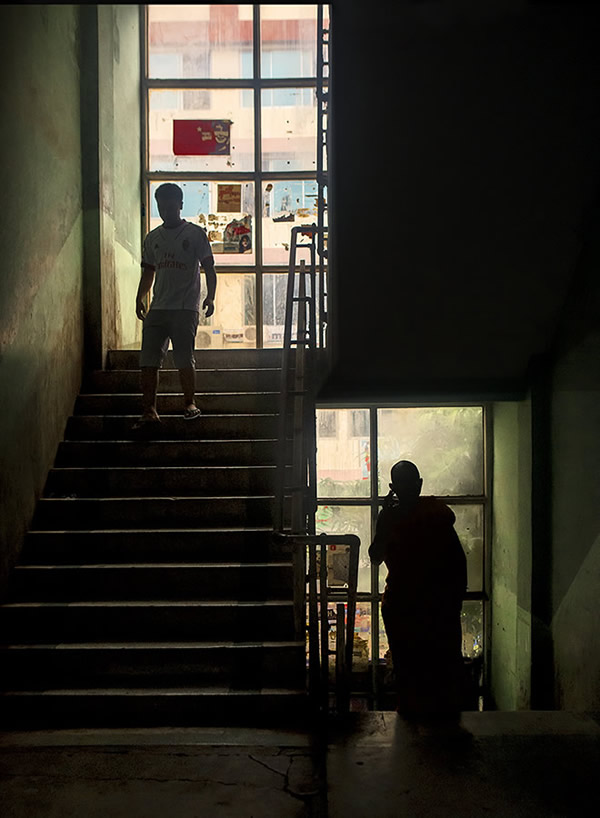
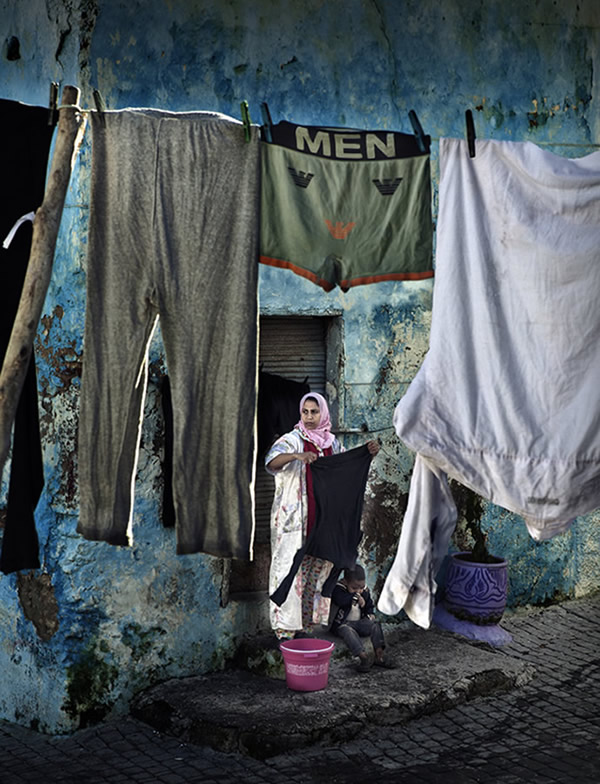
You can find Alfredo Oliva Delgado on the Web :
Copyrights:
All the pictures in this post are copyrighted Alfredo Oliva Delgado. Their reproduction, even in part, is forbidden without the explicit approval of the rightful owners.

